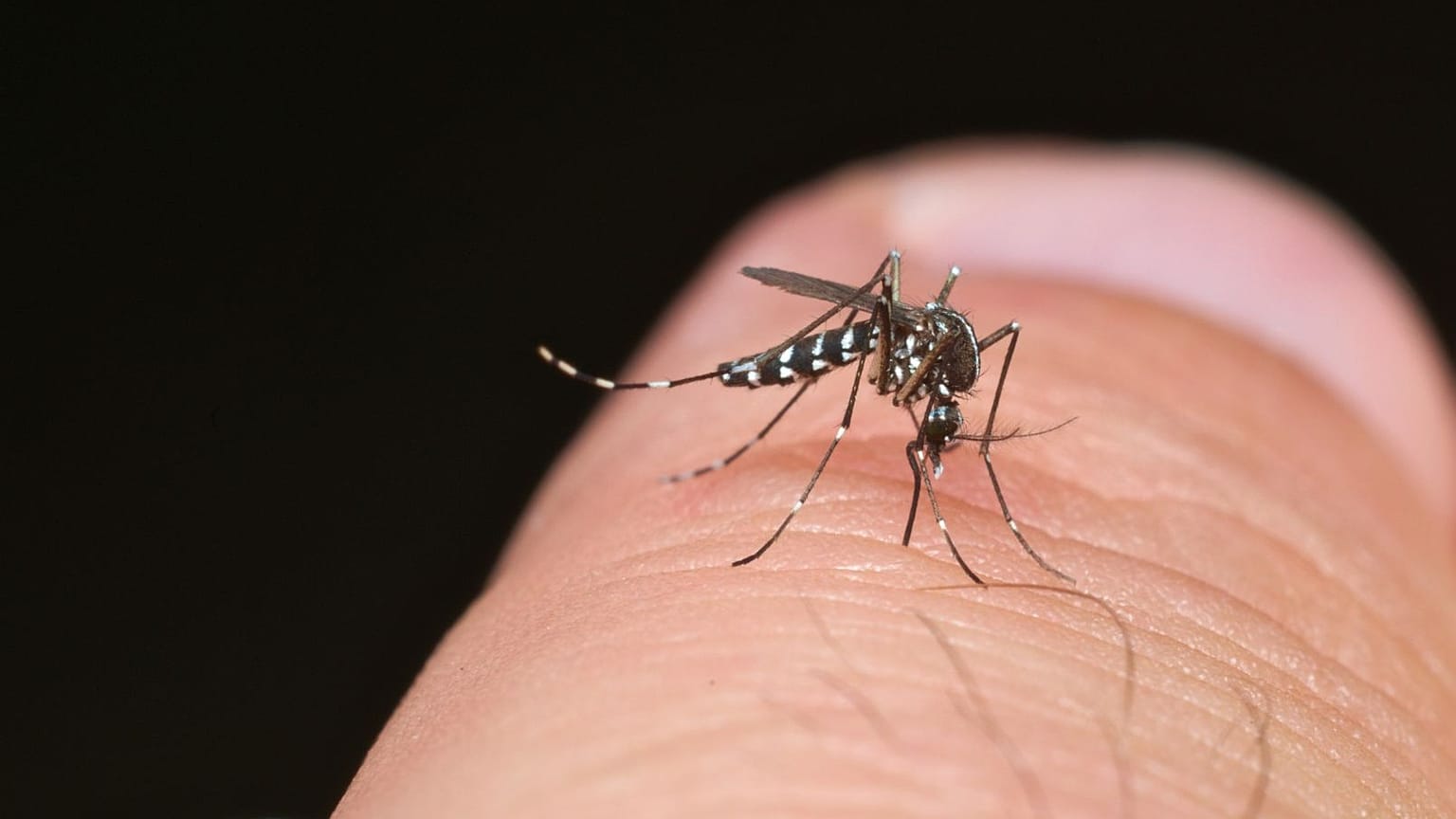Health
EU Health Authorities Warn of Record Mosquito-Borne Illnesses

Health officials in Europe are raising alarms as mosquito-borne illnesses reach record levels this summer. The European Centre for Disease Prevention and Control (ECDC) reports “record-breaking outbreaks” of the West Nile virus and chikungunya, reflecting a dramatic shift in the continent’s epidemiological landscape.
According to the ECDC, the mosquito season in Europe is becoming “longer and more intense.” Rising temperatures, milder winters, and shifting rainfall patterns are creating ideal conditions for mosquitoes to thrive and spread diseases. ECDC Director Pamela Rendi-Wagner emphasized that Europe is entering a new phase where longer and more widespread transmission of these diseases is becoming the norm.
In 2025, Europe has already recorded 27 chikungunya outbreaks, marking a new high for the continent. Additionally, there have been 335 cases of West Nile virus, the highest number in three years. These cases span across the European Union and include several countries in mainland Europe. ECDC officials anticipate that these figures will continue to climb in the weeks ahead, as infections typically peak from July to September.
The Aedes albopictus, commonly known as the Asian tiger mosquito, is the primary vector for chikungunya. Its presence has expanded significantly, now found in 16 European countries and 369 regions, up from just 114 regions a decade ago. The spread of the West Nile virus also shows no signs of slowing, with new infections reported in regions such as Sălaj County in Romania and the Latina and Frosinone provinces of Italy, where at least 10 fatalities have been attributed to the virus.
As the mosquito-borne disease landscape evolves, the risk to the European population increases. Dr. Céline Gossner, who leads the ECDC’s section on food-, water-, vector-borne, and zoonotic diseases, stated, “As the mosquito-borne disease landscape evolves, more people in Europe will be at risk in the future.”
Most individuals infected with the West Nile virus remain asymptomatic; however, some may develop serious complications. These include encephalitis, an inflammation of the brain, or meningitis, which is characterized by inflammation of the protective membranes surrounding the brain and spinal cord. Chikungunya can lead to debilitating symptoms such as fever, nausea, fatigue, rash, and severe joint pain, which may persist for an extended period.
Currently, there are no specific treatments available for either chikungunya or West Nile virus. While two chikungunya vaccines have received approval in the European Union, no vaccine exists for West Nile virus. Therefore, prevention strategies are vital for curbing the spread of these illnesses.
To combat these issues, Gossner urged countries to “strengthen and scale up efficient, environmentally friendly mosquito control interventions.” Individuals can also take personal precautions to reduce mosquito bites, particularly in areas where infected mosquitoes are prevalent. The ECDC recommends using mosquito repellent, wearing long sleeves and trousers during dawn and dusk, and utilizing air conditioning, fans, bed nets, and window screens.
As climate change continues to alter environmental conditions, European health authorities are preparing for a future where mosquito-borne illnesses are more pervasive, emphasizing the importance of proactive measures to safeguard public health.
-

 Top Stories3 months ago
Top Stories3 months agoTributes Surge for 9-Year-Old Leon Briody After Cancer Battle
-

 Entertainment4 months ago
Entertainment4 months agoAimee Osbourne Joins Family for Emotional Tribute to Ozzy
-

 Politics4 months ago
Politics4 months agoDanny Healy-Rae Considers Complaint After Altercation with Garda
-

 Top Stories4 months ago
Top Stories4 months agoIreland Enjoys Summer Heat as Hurricane Erin Approaches Atlantic
-

 World5 months ago
World5 months agoHawaii Commemorates 80 Years Since Hiroshima Bombing with Ceremony
-

 Top Stories3 months ago
Top Stories3 months agoNewcastle West Woman Patricia Foley Found Safe After Urgent Search
-

 Top Stories5 months ago
Top Stories5 months agoFianna Fáil TDs Urgently Consider Maire Geoghegan-Quinn for Presidency
-

 World5 months ago
World5 months agoCouple Convicted of Murdering Two-Year-Old Grandson in Wales
-

 World5 months ago
World5 months agoGaza Aid Distribution Tragedy: 20 Killed Amid Ongoing Violence
-

 World5 months ago
World5 months agoAristocrat Constance Marten and Partner Convicted of Infant Murder
-

 Top Stories4 months ago
Top Stories4 months agoClimbing Errigal: A Must-Do Summer Adventure in Donegal
-

 Top Stories4 months ago
Top Stories4 months agoHike Donegal’s Errigal Mountain NOW for Unforgettable Summer Views









